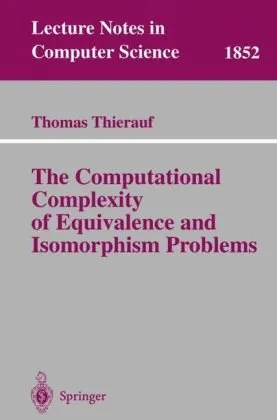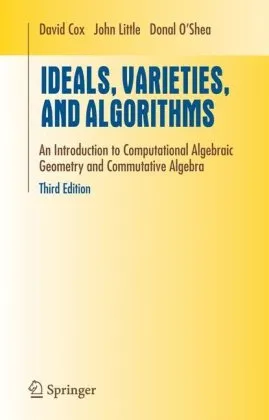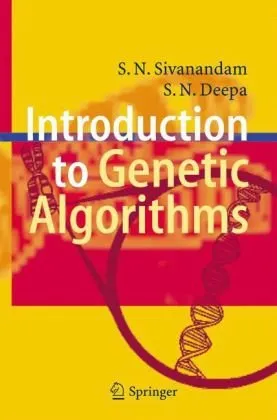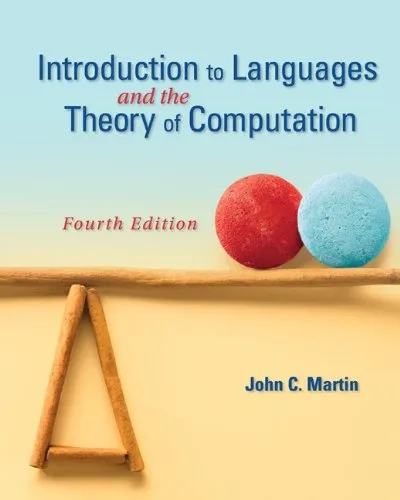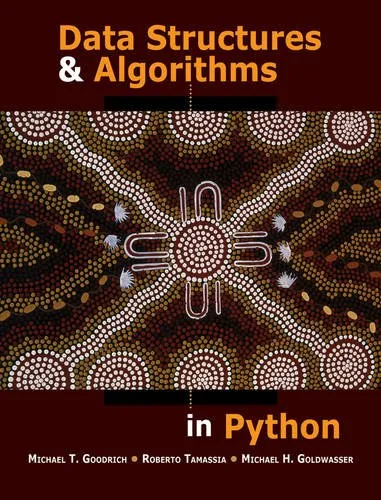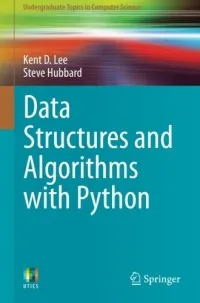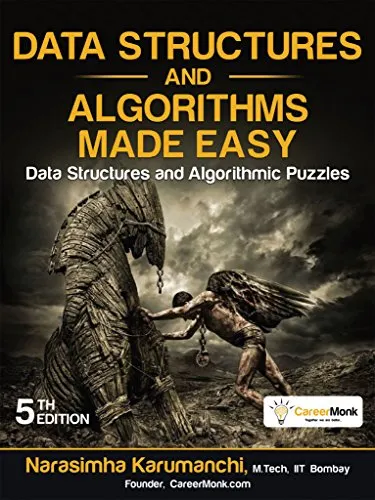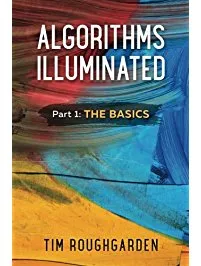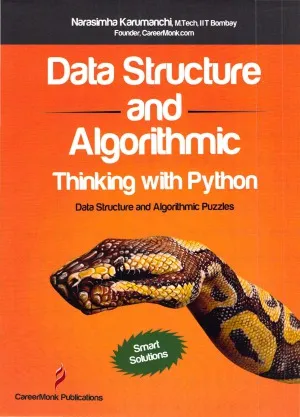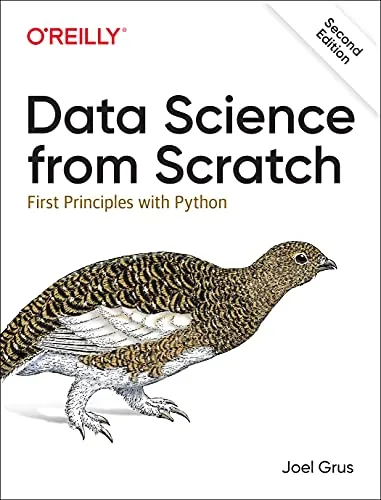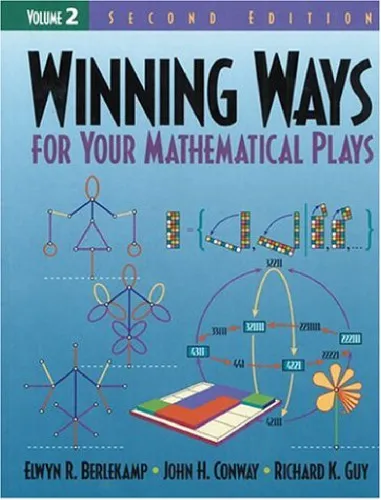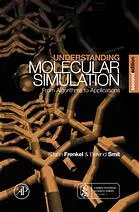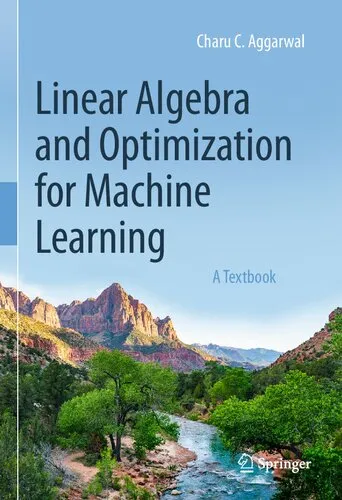The Computational Complexity of Equivalence and Isomorphism Problems
4.3
Reviews from our users

You Can Ask your questions from this book's AI after Login
Each download or ask from book AI costs 2 points. To earn more free points, please visit the Points Guide Page and complete some valuable actions.Related Refrences:
Welcome to the fascinating world of computational complexity with The Computational Complexity of Equivalence and Isomorphism Problems. This book navigates the intricate web of mathematical and computational challenges that revolve around equivalence and isomorphism, shedding light on one of the most intriguing areas of theoretical computer science.
Detailed Summary of the Book
This volume provides an exhaustive examination of the computational complexity associated with equivalence and isomorphism problems. The journey begins with foundational concepts, ensuring readers are well-equipped to delve into more complex territories. These initial chapters lay the groundwork by explaining the basic principles of equivalence and isomorphism, coupled with illustrative examples that contextualize their relevance in computation and algebra.
As you progress, the book meticulously unpacks various classes of equivalence problems, discussing their solvability and computational constraints. It covers a spectrum ranging from simple bijective equivalences to the more intricate structural isomorphisms found in graphs, algebraic structures, and automata.
A significant portion of the book is dedicated to exploring known algorithms and computational strategies for tackling these problems. The discussion is enhanced by a comparative analysis of different problem instances, elucidating the underlying complexity classes they belong to. Advanced sections delve into the theoretical frameworks and their real-world applications, highlighting the intersection between equivalence problems and fields such as cryptography, quantum computing, and artificial intelligence.
The book concludes with a forward-looking perspective, pointing to open problems and burgeoning research areas, encouraging scholars and practitioners to venture beyond current frontiers.
Key Takeaways
- A strong grasp of the fundamental principles of equivalence and isomorphism in computational contexts.
- Insight into the complexity classes associated with various equivalence problems.
- Knowledge of modern algorithmic techniques to solve or approximate solutions for equivalence and isomorphism problems.
- Understanding of the real-world implications and applications of these problems in technology and science.
- An outlook on future research directions and unresolved challenges in the field.
Famous Quotes from the Book
A few notable excerpts from the book provide both insight and inspiration:
“Understanding equivalence is not just an academic exercise; it's a gateway to optimizing algorithms and systems in ways that transform our technological landscape.”
“The study of isomorphism problems nudges us to question the very nature of similarity and difference, challenging us to refine how we measure and exploit these concepts.”
Why This Book Matters
In an era where computational power and efficiency dictate the pace of innovation, understanding the computational complexity of equivalence and isomorphism problems has never been more critical. This book equips researchers, students, and professionals with the knowledge necessary to tackle these issues head-on. It emphasizes not only the theoretical underpinnings but also the practical applications that drive technological advancements. By bridging the gap between theory and practice, this book serves as an essential resource for anyone looking to deepen their understanding of computational complexity and contribute meaningfully to the field.
Whether you are a computer scientist, a mathematician, or an engineer, the insights garnered from this book will enhance your analytical capabilities and provide a robust framework for solving complex computational problems. In its pages, you'll find the tools, concepts, and inspiration needed to advance the frontier of computational theory and practice.
Free Direct Download
You Can Download this book after Login
Accessing books through legal platforms and public libraries not only supports the rights of authors and publishers but also contributes to the sustainability of reading culture. Before downloading, please take a moment to consider these options.
Find this book on other platforms:
WorldCat helps you find books in libraries worldwide.
See ratings, reviews, and discussions on Goodreads.
Find and buy rare or used books on AbeBooks.
1503
بازدید4.3
امتیاز0
نظر98%
رضایتReviews:
4.3
Based on 0 users review
Questions & Answers
Ask questions about this book or help others by answering
No questions yet. Be the first to ask!
